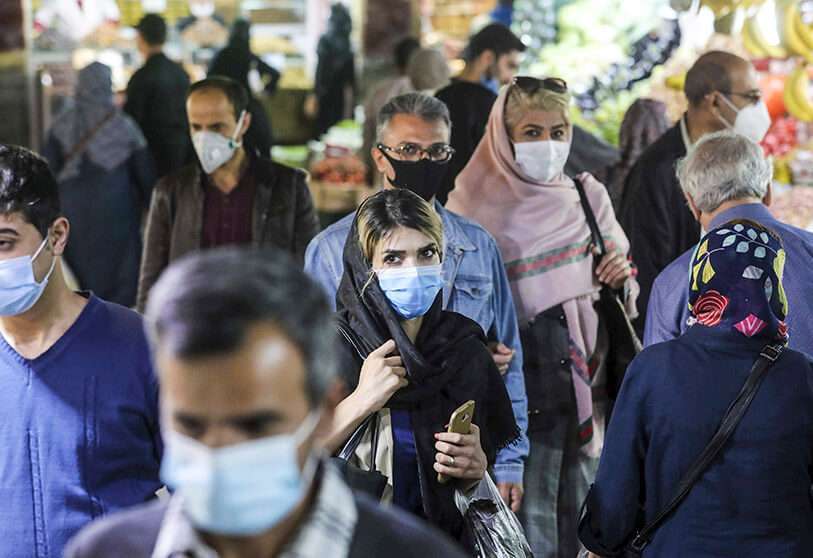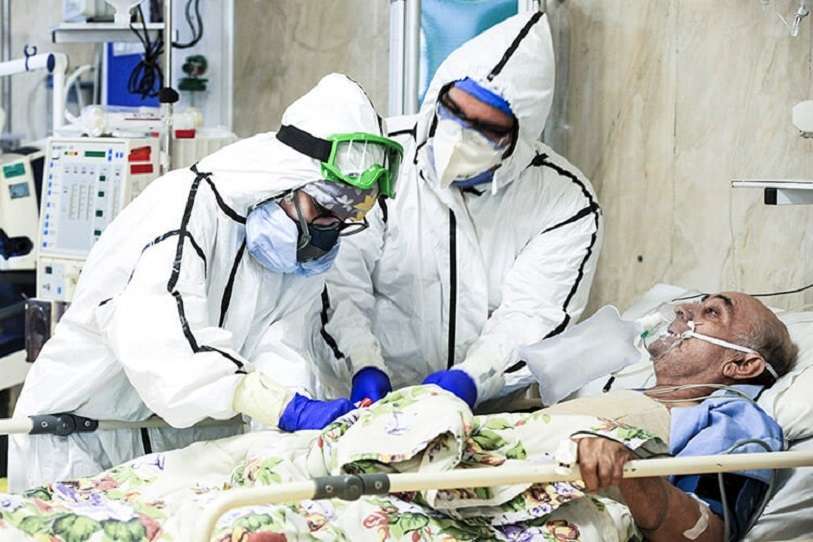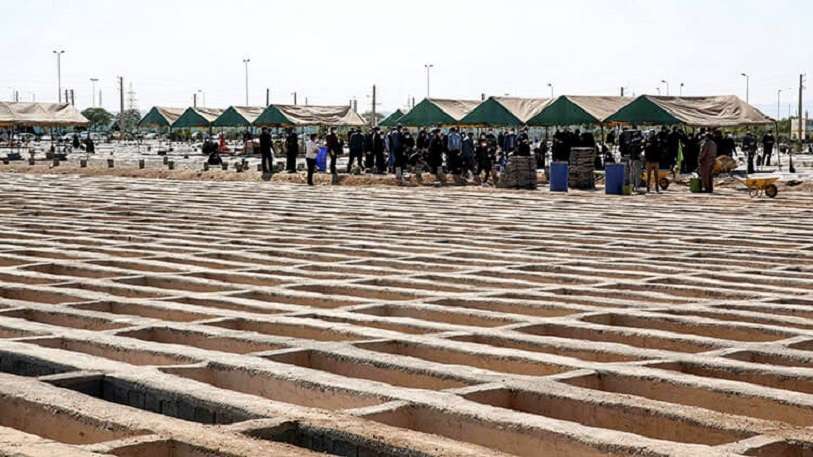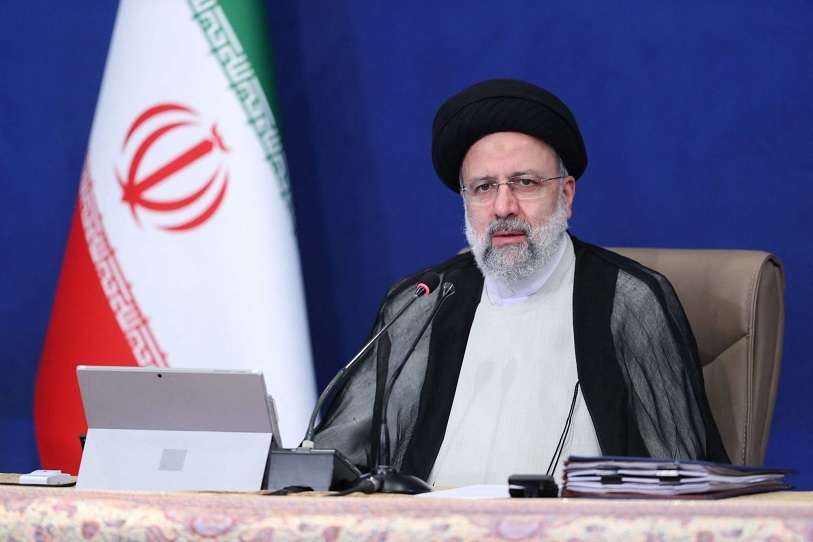Iran closes for six days in the face of COVID-19's advance

The Islamic Republic of Iran continues to be hit hard by the COVID-19 health crisis and now the authorities have been forced to impose a six-day shutdown of various activities from Monday 16 June to mitigate the effects of a new wave of coronavirus ravaging the country.
Iran is struggling to contain what authorities have called a "fifth wave" of the virus caused by the Delta variant.
The country has officially recorded more than 97,000 deaths and more than 4,380,000 infections and continues to suffer from the emergence of new versions of the coronavirus such as the dangerous Delta variant.
The authorities in charge of the national control of the spread of the coronavirus decreed the closure for six days of markets, public offices, banks, cinemas, restaurants and all types of non-essential commercial activities or businesses in all cities, from Monday 16 June until next Saturday. Basic services such as electricity and water supply, emergency services and the police, among others, will remain in operation.

Iran's top health officials also ordered a ban on travel between all cities from Sunday until Friday.
Analysts believe that Iran is the country in the Middle East most affected by the pandemic, especially as a result of the entry of the Delta variant of the coronavirus. The Persian country has a ratio of 5,144 cases per 100,000 inhabitants and 115 deaths per 100,000 inhabitants, and the number of infections has reached more than 11% of the population, out of the 83 million inhabitants of the nation.
The Persian country has thus suffered the worst outbreak of COVID-19 in the Middle East, driven most recently by the highly infectious Delta variant. On Saturday, it reported 466 deaths and 29,700 new cases of coronavirus patients in a single day. That brought the total death toll from the pandemic to more than 97,000 and the number of people infected to more than 4.38 million.

Last week, Iran reached a record high in both the number of deaths in a single day and the number of newly confirmed cases of COVID-19, with 42,541 new cases of coronavirus and a daily death toll of 588.
On the other hand, the authorities in the theocratic country have not cancelled the important mass religious ceremonies for the month of Muharram, the main days of which will be this Wednesday and Thursday, although restrictions are planned. It is "forbidden for mourning ceremonies to take place in enclosed spaces" and, in addition, "there must be no processions", as explained by Alireza Raisi, deputy health minister.
As of today, only 3,800,000 people have received the necessary two doses of the vaccine against the coronavirus out of a total population of 83,000,000. In other words, there are practically more people infected than vaccinated in a country where the authorities have been criticised by various experts for their handling of the pandemic. Moreover, fewer than 15 million people out of a population of 83 million have received the first dose of the vaccine.

The Iranian health system is trying to absorb the needs of all those affected, but it is complicated and there are questions about the capacity problems in various centres to cope with the workload caused by the health problems exacerbated by the pandemic. Meanwhile, Bahare Karimi, spokesperson for Iran's Ministry of Health, said health workers were "very tired now", as reported by Arab News and AFP.
Meanwhile, Iran is administering the Chinese-made Sinopharm vaccine and Sputnik V vaccines from Russia, India's Bharat Biotech and AstraZeneca/Oxford.
The authorities have approved the emergency use of two locally produced vaccines, but the only vaccine produced in large quantities, COVIRAN Barekat, is in short supply. On the other hand, the Russian drug and the Cuban Soberana 02 are to be manufactured.

President Ebrahim Raisi said Iran needed 60 million additional doses of vaccine to "control the unfavourable situation of the coronavirus". Raisi told a COVID-19 working group meeting on Saturday that 30 million doses would be imported and made available "in a short time", but did not explain where they were coming from.
In the coming days it will be possible to see Iran's response to the closure of certain commercial activities or businesses for almost a week due to the impact of the pandemic, bearing in mind the crisis that is dragging on in a country that is criticised from various quarters for the mismanagement of established power and which is also severely limited by the economic sanctions imposed by the United States following the breakdown of the nuclear pact agreement limiting Persian atomic development. A limited economic capacity that could also cause problems when it comes to importing vaccines, according to various media reports.










